To The Journalist Trying To Fat Shame Nike, Get Out Of The Business Of Putting Other Women Down
You can kiss my plus sized a$$ in my new Nike shorts.
Recently, Nike expanded its clothing line to include a plus-size line. It includes sports bras, leggings in a variety of prints and colors, shirts, and their popular running shorts. (WHOO! I've already bought one of each).
In a statement given to Refinery29, the company said "Nike recognizes that women are stronger, bolder, and more outspoken than ever. In today's world, sport is no longer something that she does, it's who she is."
So, score one Nike for understanding that athletes come in ALL sizes, shapes, and everything in between! It seems Nike finally understands that you shouldn't have to be an Olympic athlete to wear those super cute leggings you saw in store.
It's a body positive forward step for the company, but some people instead of celebrating body positivity and inclusion (and cute clothing), can only see one thing: the other women's weight.
In the light of body positivity, there is one woman who tried to tear down others with her hateful comments.
Nike announced the clothing line and had a picture of their new mannequin, who is plus-sized.
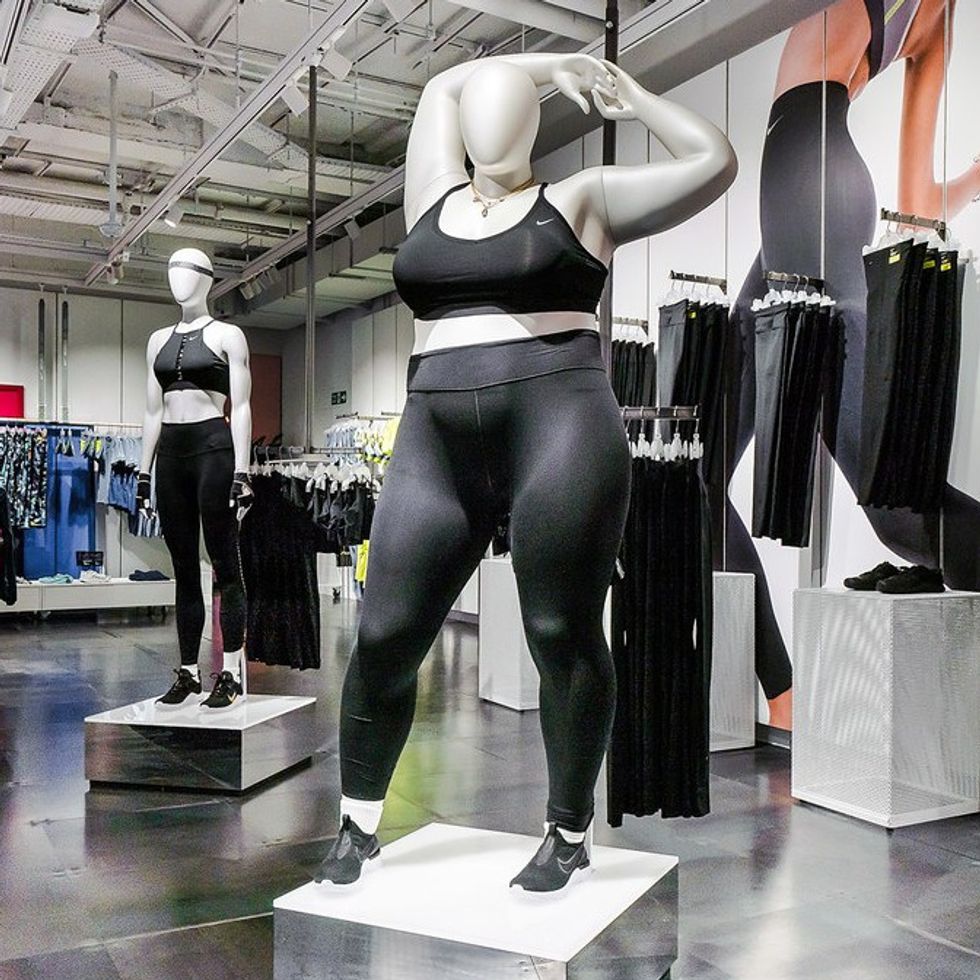
Tanya Gold, a writer for The Telegraph, writes a fat-shaming, hateful, and hurtful article geared towards fat shaming plus-sized women.
Gold says in response to the mannequin, "She is immense, gargantuan, vast. She heaves with fat."
Which this statement alone is an incredibly hurtful thing to say, but she follows it up with assumptions that I can only think of one word to describe it as... it's just plain mean.
"She is, in every measure, obese, and she is not readying herself for a run in her shiny Nike gear," Gold writes. "She cannot run. She is, more likely, pre-diabetic and on her way to a hip replacement. What terrible cynicism is this on the part of Nike?"
So, let me get this straight.
You want us "fatties" to lose weight, but not let us have the proper clothing and gear to do that? How dare you criticize me or make any other assumption about me other than that I'm trying to get healthy.
You want to criticize what I wear when you're the one who said to lose weight, to begin with. Most plus size women are scared to go to the gym because of harsh judgment or ridicule from people like you, Ms. Gold.
But you can sit on a high horse that can tell us to lose weight but doesn't want us to have or wear athletic clothing. God forbid we get a properly fitted sports bra.
Wearing Nike clothing and athletic wear, in general, does not mean that you have to be an athlete. You are allowed to wear it if only, simply, because you like it or that it is comfortable.
You do not have to go to the gym the second you put on Nike shorts. You're allowed to wear them just because you feel like it. You do not need some fat shaming, hurtful, mean, journalist to tell you what you can or can't put on your body.
Nike putting out plus-sized mannequins is inspiring. It is so hard for women to go into a store and be able to actually see themselves in the mannequins displayed.
Being able to see yourself as that mannequin dressed in athletic wear subtly says, "Hey, I can do this. She is me." It's a powerful confidence booster that I think all women need at one time or another, regardless of size.
I am not in the business of tearing down other women, and I don't think Nike is either.
So Tanya Gold, if you're reading this, you can kiss my "plus sized" a$s in my new Nike shorts.

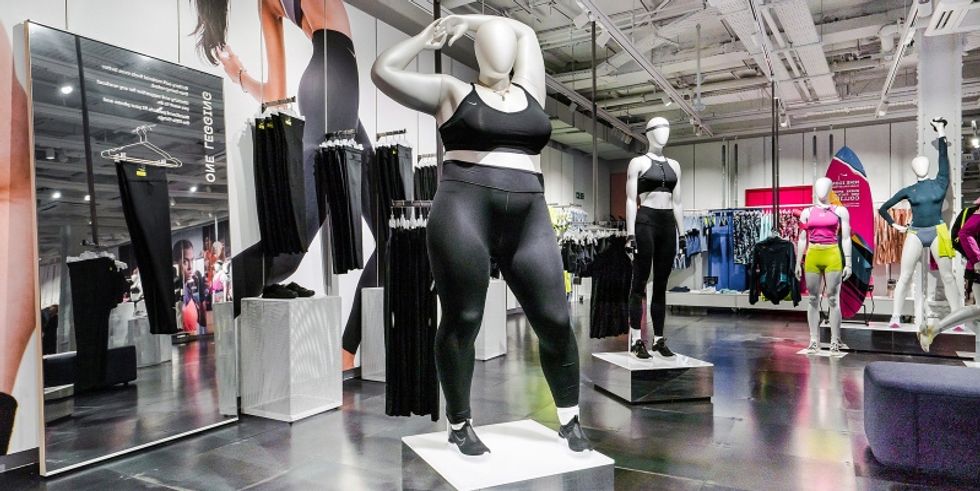
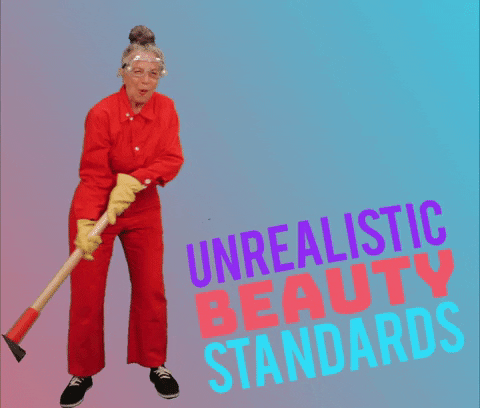

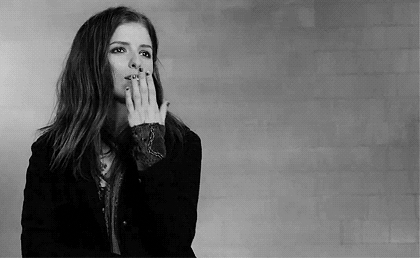
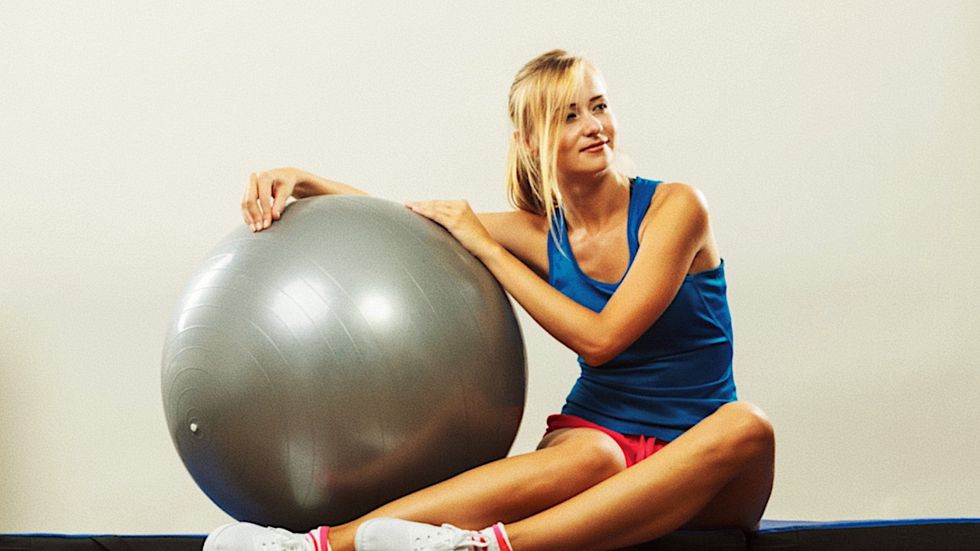




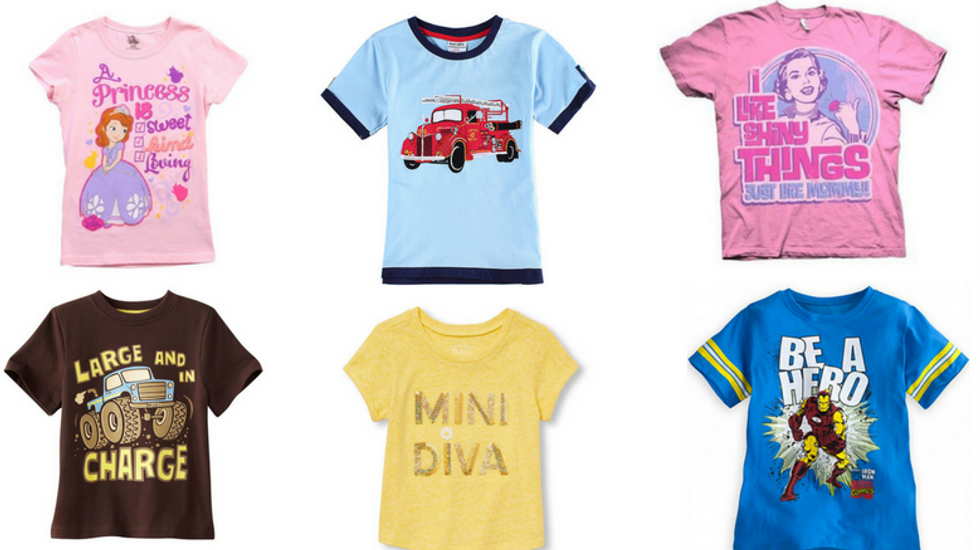
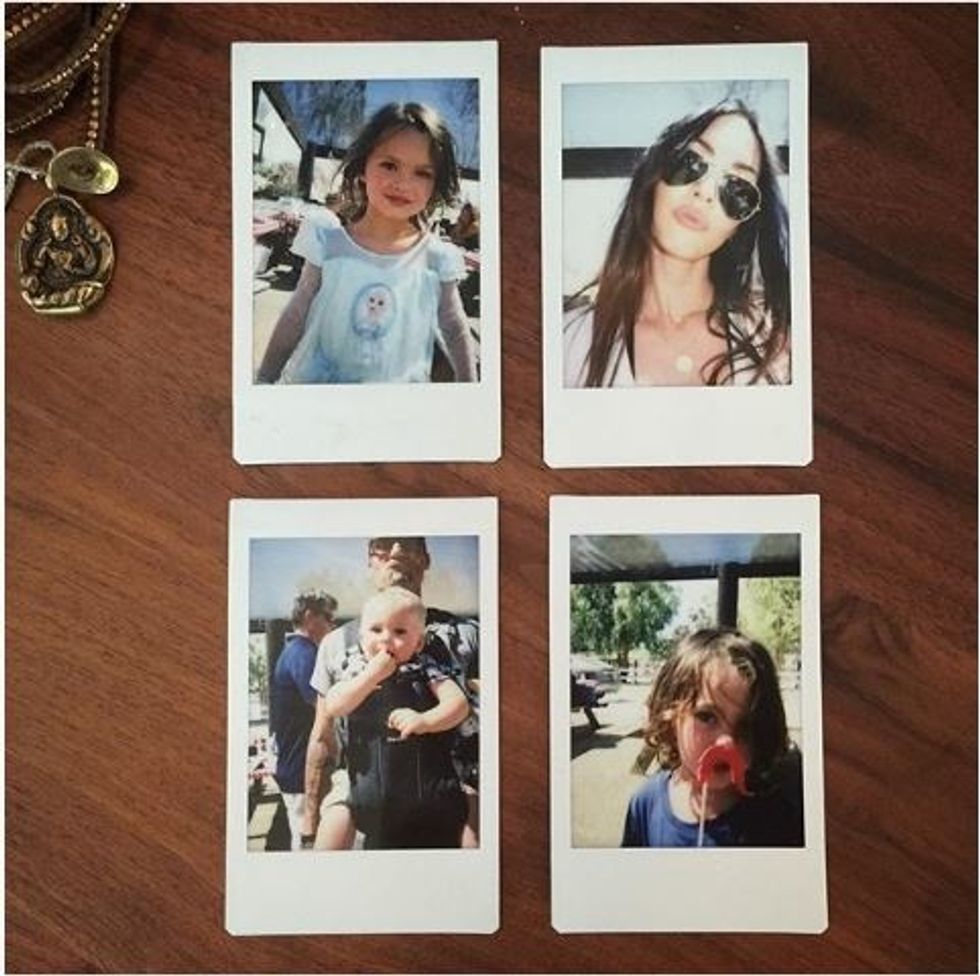
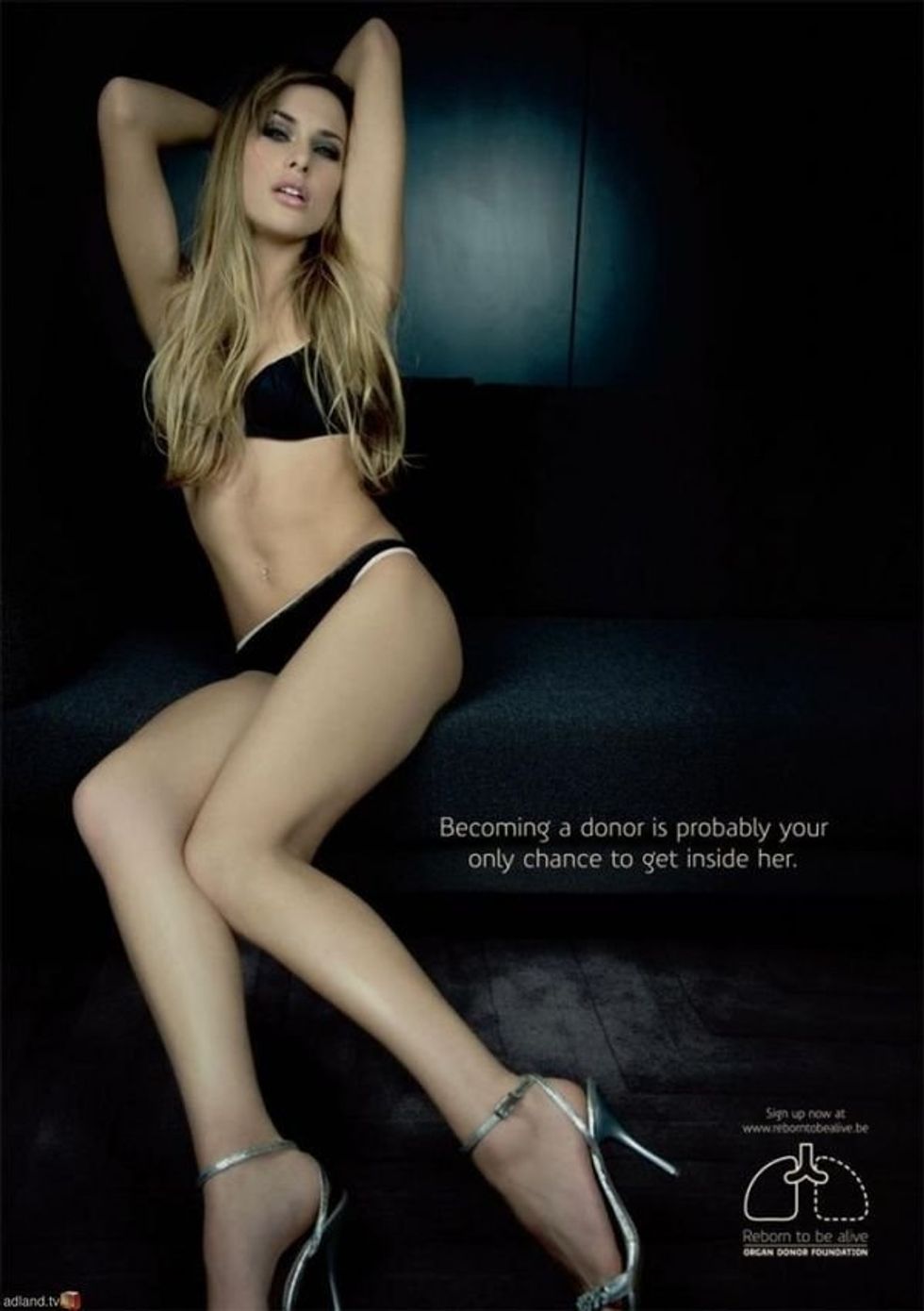
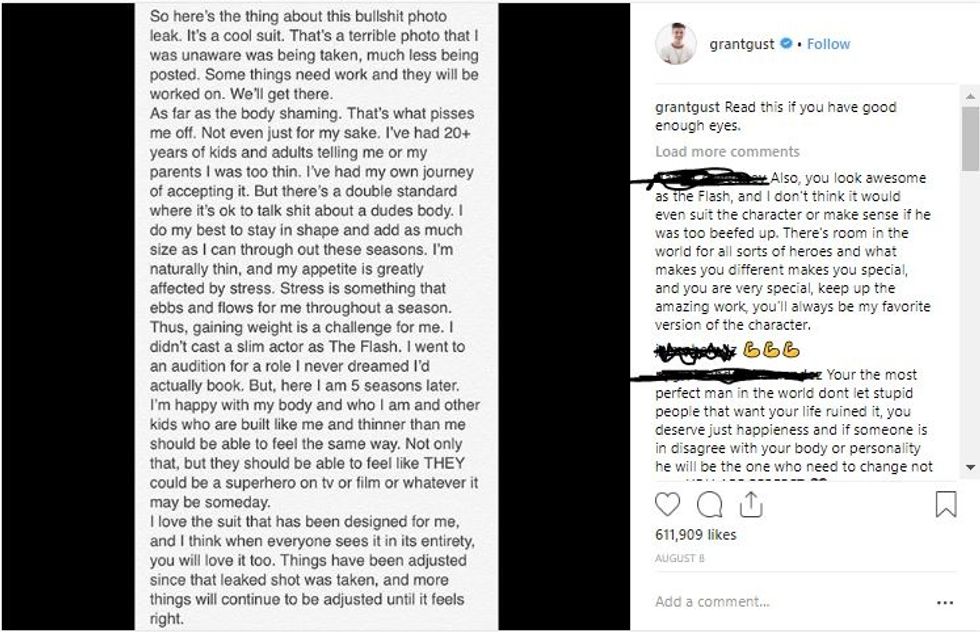




















I'm Standing With My Trans Sisters And Boycotting Victoria's Secret
Victoria's secret has been revealed, and it's just as discriminatory as we all suspected.
In a recent interview with Vogue, Victoria Secret's CMO Ed Razek was asked about why the company's infamous fashion show does not include plus-size and transgender models. To this, he replied that the show was meant to be a fantasy, and that they include models that appeal to the markets they sell to, not the whole world.
Reading between the lines with barely a smidgen of effort, Razek meant that their goal is appealing to their cis-female, 14- to 18-year-old demographic so that those customers can better appeal to the white, cis men—the show targets, which explains all the meatless, opinion-less models.
Who cares if they promote unrealistic standards for girls with real-life bodies who aren't #TrainedLikeAnAngel?
In an effort to create that fantasy, they certainly can't be bothered to worry about the fatsos and trannies, too.
Anyone could've told Razek that secret should've stayed in the closet, but it is not altogether surprising coming from a company who only reluctantly started celebrating their top models' racial diversity and national backgrounds.
Unbeknownst to Victoria, representation for the trans community has exploded in recent years with the fashion industry leading the way. Under the influence of supermodels and activists like Arisce Wanzer, Carmen Carrera, Isis King and MiMi Tao, these women and their equals have gone from being token "trans models" to simply owning the supermodel title they so rightly deserve.
Even despite the Trump administration's most recent attack on trans rights, campaigns like Laverne Cox's #TransIsBeautiful have emboldened more trans and gender nonconforming people than ever before to be themselves in everyday society.
Victoria's Secret apparently didn't get that memo.
From a marketing standpoint, the company's stubborn refusal to change with the times is absolutely moronic. Every day, commercial brands like Arie, Gap, and H&M come out with new lines and campaigns that cater to a variety of people of all colors, creeds, shapes and sizes.
Yet, Victoria's Secret Pink line still doesn't even provide sizes past XL.
It's this obvious exclusion that has made the popularity of their fashion show decline in recent years, for young girls and femmes can no longer relate to the content.
While the size discrimination may be attributed to the availability of the cheap, uncomfortable materials the company refuses to branch out from, Razek's comments brought their discriminatory practices into stark relief.
The CMO's opinions set off a firestorm for the company, taking heat from plus-sized and trans models alike, but many of the outraged voices from trans activists were of a similar tune.
Trans women live their dream fantasy every day by simply being themselves, whether or not that fits Victoria's Secret's cookie-cutter vision for what that should be.
By refusing to include the queer community in their beauty standards, they are ignoring what the company symbolizes to many trans women who are brave enough to be themselves.
As Victoria's Secret is one of the most accessible lingerie brands on the market, I can only imagine how young trans ladies must feel when they purchase their very first piece of lady's underwear from the retailer. For a company that represents the pinnacle of womanhood and sexuality to so many developing girls, this could be a pivotal moment in many trans women's lives.
Razek's comments confirmed that the company couldn't give less of a damn about this portion of their clientele or what their brand might have represented.
With that in mind, it's no wonder this statement is quickly becoming the tipping point in the company's relationship with young people who are only going to keep getting more progressive.
Indeed, I and many other young millennials have already started to grow tired of the brand's repetitive patterns, unrealistic fit and vanilla beauty standards for some time now. It's foreseen that the company will lose more than just their queer customer base after this blunder.
It's a shame this company is so resolutely stuck in their outdated ways, refusing to embrace the inspiration that people like Christian Siriano and Ashley Grahm inspire, when they started off as a trailblazer in celebrating women's sexuality. But it's sheer, delicious luck that this happened the same year Rihanna graced us with her presence in the commercial fashion industry.
So, in the words of the infamous Trace Lysette, I'm marching over to Savage Fenty with my dollars.